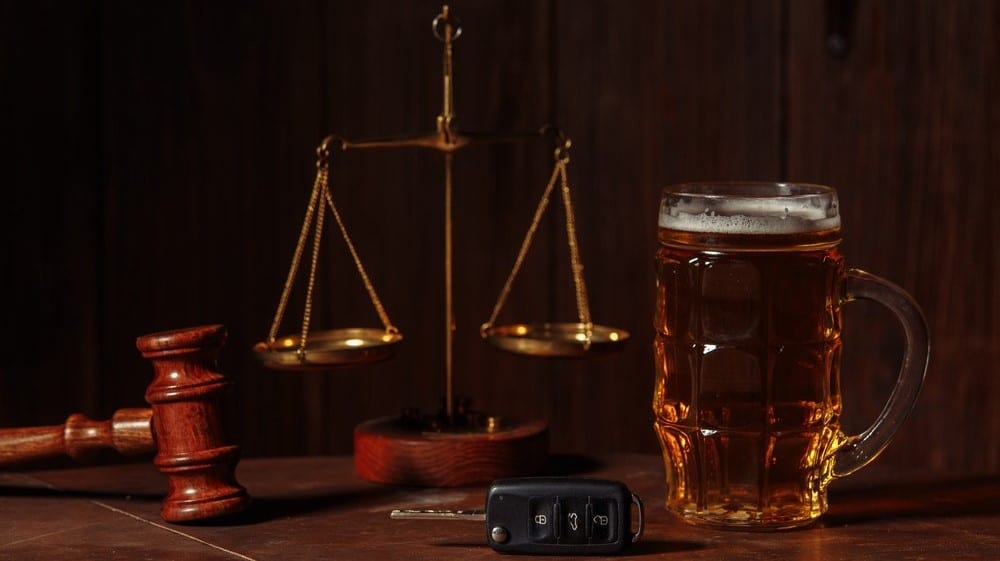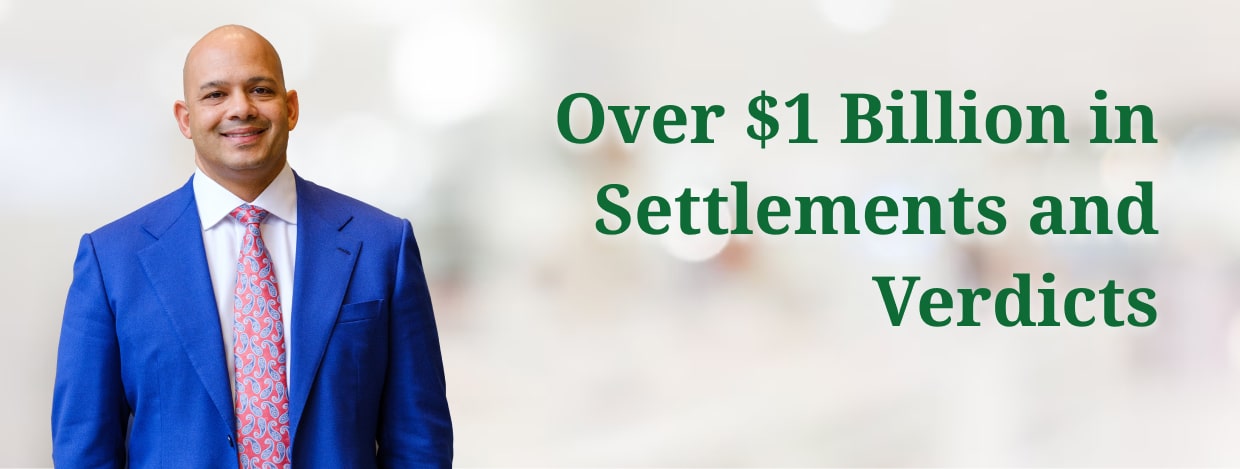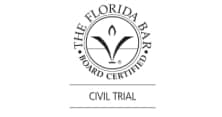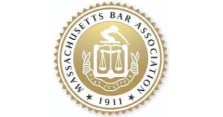




Many people enjoy alcoholic beverages. According to data from the National Institutes of Health (NIH), more than 85% of American adults report that they have consumed alcohol during their life. The majority of U.S. adults currently drink alcohol on at least an occasional basis. The unfortunate reality is that alcohol carries certain risks. The Washington Post cites data showing that 33 million people nationwide are “problem drinkers.” Tens of thousands of people are injured or killed each year in alcohol-related accidents, including in drunk driving crashes.
Businesses and organizations that sell, serve, or otherwise furnish alcoholic beverages are providing an important service that many people desire. At the same time, there are inherent risks associated with that service. Liquor liability coverage protects businesses, organizations, and property owners against these risks. At Bernheim Kelley Battista, LLC, we handle liquor liability insurance issues in Massachusetts. In this article, you will find a comprehensive guide to the most important things to know about liquor liability laws and liquor liability insurance in Massachusetts.
There are inherent legal risks associated with selling and serving alcohol. Liquor liability coverage is a type of specialized insurance that is specifically designed to address these types of financial risks. Policy terms vary based on the precise nature of the coverage, though liquor liability insurance will generally cover policyholders (business and property owners) against risks associated with alcohol-related personal injury claims, property damages cases, and the corresponding legal costs.

To know exactly what any particular liquor liability insurance plan covers, you should review the specific terms of the policy. That being said, liquor liability insurance generally provides businesses that sell, serve, and furnish alcohol with protection against the following:
The Cornell Legal Information Institute explains that dram shop laws are a common law doctrine which holds that a party that provides alcohol can be held civilly liable for certain “harmful acts of its intoxicated customers.” These laws can become a big issue in DUI accident cases. Most jurisdictions in the United States have some form of dram shop regulations on the books. Though, dram shop laws vary significantly from state to state.
Yes. In fact, Massachusetts has one of the most comprehensive dram shop laws in the entire country. In effect, it is easier for people in Massachusetts to hold a business or organization that sells or serves alcohol legally liable for harm caused by a customer/patron than in many other states. Under Mass Gen. Laws 138 § 69, “no alcoholic beverage shall be sold or delivered on any premises licensed under this chapter to an intoxicated person.”
In other words, it is unlawful for a bar, restaurant, or any other establishment to sell or serve alcohol to someone they knew or should have known was intoxicated. Commonwealth law also prohibits businesses and organizations from selling or providing alcohol to someone they knew or should have known was underage. Here is what this means for the Massachusetts dram shop laws:
The Bottom Line: Massachusetts has strict dram shop liability regulations in place. Bars, restaurants, and other establishments that sell or serve alcohol in the Commonwealth must have the proper liquor liability coverage.
To learn more, schedule a free consultation with us today.
The cost of liquor liability coverage depends on a wide range of different factors. Here are three key things that impact the cost of liquor liability insurance in Massachusetts:
There are many strategies to save money on liquor liability coverage costs in Massachusetts. You should always be prepared to shop around amongst providers for the best rate. In many cases, costs can be saved by bundling this coverage with other insurance. Some insurers offer discounts on premiums for policyholders with a good record and the proper training for employees.
Liquor liability insurance is a key tool for reducing risk. It is also legally required for businesses with liquor licenses in the Commonwealth. As explained by the Alcoholic Beverages Control Commission, all liquor license holders and liquor license applicants are legally required to have minimum mandatory liquor liability coverage.
Yes. Massachusetts requires liquor liability insurance for all establishments that sell or serve alcohol. Obtaining the minimum mandatory coverage is necessary to keep your license. This regulation applies to liquor stores, package stores, and convenience stores.
Yes—or at least they can be. The specific terms of an insurance policy will always matter. Under the Massachusetts dram shop laws, a business that sells or serves alcohol may bear liability for a DUI accident. That company’s liquor liability policy may cover the crash.
Every business in Massachusetts that sells, serves, or otherwise furnishes alcoholic beverages needs to have adequate liquor liability coverage. Here are four reasons why this type of insurance is so important:
You should review the nature of your business, your specific financial risks, the extent of your coverage, and the cost of your premiums. Every company has different liquor liability risks.
Check the terms of your policy to determine what is and what is not covered. That being said, the key thing that is not covered by a standard liquor liability policy in Massachusetts is damage to your property. It is liability coverage only. If an intoxicated customer damages your restaurant after being served alcoholic beverages, that risk is likely not covered by your policy.
Businesses that sell and serve alcohol can protect their own interests with a proactive approach. Here are six key steps to take to help facilitate coverage from your insurer if an issue arises:
You can reduce your liquor liability risks by taking a few simple steps. First, create written policies on liquor sales and service, including ensuring that intoxicated and underage people are not served. Second, make sure that all employees are properly trained on your policies. Finally, make sure you obtain adequate liquor liability insurance coverage for your specific needs.
You may have heard of both host liability coverage (social host liability coverage) and liquor liability coverage. These are actually two separate types of insurance policies. Liquor liability coverage is meant for businesses or organizations that sell or serve alcohol in the regular course of their business operations. On the other hand, social host liability coverage is for those who are selling or serving alcohol at an event outside the course of normal business activities. For example, imagine that you own a car dealership in Massachusetts. You want to throw a holiday party for your staff with alcohol providers. You should obtain social host liability insurance to alleviate the risk.
No—at least it is unlikely that it will if your business serves or sells alcoholic beverages. Always check the specific terms of your insurance coverage. That being said, most general liability policies offered in Massachusetts explicitly exclude coverage for liquor liability issues.
Liquor liability insurance cases are complicated. You do not have to navigate the complexities of the legal system or the insurance claims process alone. At Bernheim Kelley Battista, LLC, we go above and beyond to provide personalized, solutions-oriented guidance and support to clients across a wide range of practice areas. Along with other legal matters, our Massachusetts liquor liability attorneys have the professional skills and legal expertise to help clients with the following:
At Bernheim Kelley Battista, LLC, our Massachusetts liquor liability lawyers have the skills and experience on which you can rely. We handle motor vehicle accident claims, other personal injury cases, and first-party coverage disputes. If you have questions about dram shop laws or liquor liability, we can help. Call us now or contact us online to set up a strictly confidential, no-obligation consultation with a top Massachusetts liquor liability insurance attorney. From our Plymouth and Gloucester offices, we represent clients throughout the surrounding communities in the Commonwealth.











